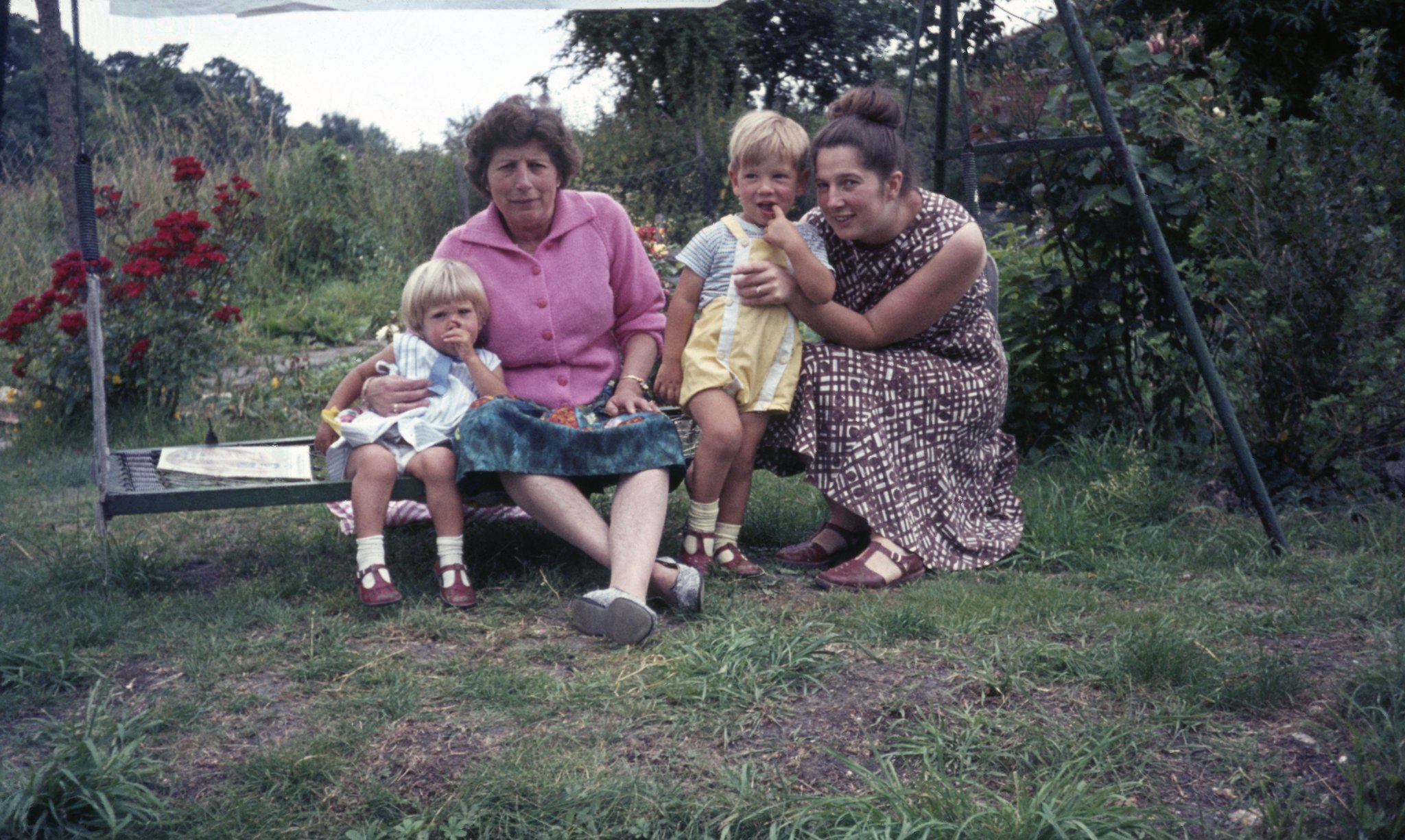
The world has never felt so unstable and ephemeral as the heady days of the Swinging 60s and the Cold War. This is due to now having modern-day equivalents, although they don’t have specific names quite yet. We also have our equivalents of the youth of the 60s (known today as “boomers”, “zoomers”, and “millennials”).
People feel just as unsafe and indignant towards their government now as they did back then. By people, I am referring to the only people who take more of an interest in politics than politicians: the youth. And by politics, I mean a series of hot-button issues and hot-potatoes which are selected as part of a series of “struggles”. Today, this includes all the old canon (wealth inequality, world poverty) as well as some new characters alongside those classics (such as gender, and sexuality).
The ideas in the modern cultural revolution aren’t so revolutionarily original. However, they include many of the flagship issues of the 60s, and typically of teenagers (this is mostly sexually related). Once again, it’s about sexual liberation being part of some great struggle against a societal monolith. Yet there are some things that set the modern activists apart from the old, namely a focus on gender identity and a new sense of fashion. This is a new enough coat of paint to set them apart, in my opinion anyway.
But we all know the ultimate fate of the boomers: they became the establishment. In the US the boomers voted for Reagan and Bush, while in the UK they voted for Maggie Thatcher. This is because the “youth” we’ve been referring to was actually a minority, albeit a vocal one, which made them the faces of their generation. Much social progress was made, but only within the confines of the state. Indeed, communes haven’t come to dominate the earth, peace and love still live in the same world as war and hate. Nudity is kept just as much out of public view as smoking pot today as it was then (however as long as you’re in a parade, you can get close to public nudity). That is not to discount that there have been significant social changes since the 60s, most notably improvements in racial and sexual equality. But compared with the most radical ambitions, it is modest.
One almost forgets boomers (portrayed as the villain of the week by the current generation) were children of and witnesses to, the swinging 60s – a time of much great social upheaval. They, like the SJWs of today, rebelled against the political and social system their parents had created (the latter successfully, the former less so).
So what does the political future look like? Seeing as one day, just like with the boomers, our little activist generation of today will grow up and become the biggest voting demographic. Well, the culture wars have shown there is yet more political polarisation and a decline in mutual respect between political wings than ever before. But most arguments end one of two ways: both sides walk away with no minds being changed, or they find common ground and meet in the middle. Seeing as we all still have to live on the same planet, I believe things will eventually meet in the middle. Two steps forward, one step back for the activists (or perhaps one step forward, two steps back).
Nothing lasts forever, and time isn’t going backwards. Our little activist generation will cool down once they grow up. The social change will be modest since sudden and radical social change never sticks. Instead, it creeps forward in tides.
Image reference: Photo by Dave, 1960//CC BY 2.0 DEED



Average Rating